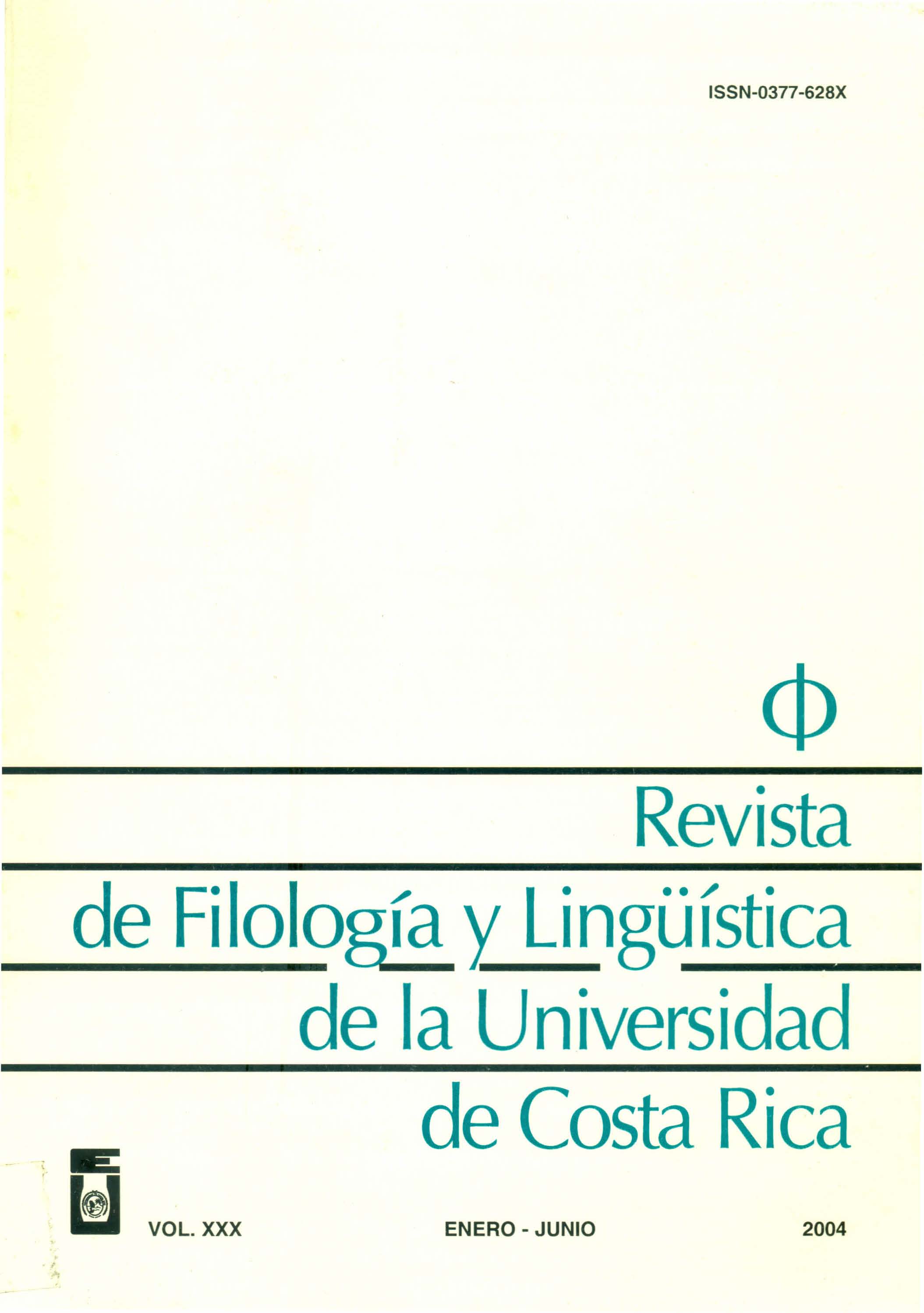Abstract
This article states that Mastretta's Arráncame la vida reinforces Simone de Beauvoirs conception of the woman as an individual that has the right to live according to her own individuality and nature. In addition, emphasizes Camille Paglia's notion that sex is the point of contact between man and nature. In Arráncame la vida, the protagonist consciously ignores the order that the culture inflicts on her. She is truthful and loyal to her conciousness. Therefore. the protagonist needs to materialize her own revolution in order to be loyal to her individuality. Supportive to her effort, nature itself, personified by the woman from Atincingo. assists Catalina's pursuit. So, Catalina recovers the freedom to be honest and loyal to herself.References
Apter-Cragnolino, Aída. 1995. "Jugando con el melodrama: género literario y mirada femenina en Arráncame la vida de Angeles Mastretta". Confluencia. 11(1):126-33.
Bobbio, Norberto. 1966. El existencialismo: ensayo de interpretación. México D. F.:Fondo de Cultura Económica.
Beauvoir, Simone. 1974. The Second Sexo New York. N. y: Random House.
Garza de la, Mercedes. 1990. Sueño y alucinación en el mundo náhuatl y maya. México D. F.: Universidad Nacional Autónoma de México.
Gold, Janet N. 1988. "Arráncame la vida: textual complicity and the boundaries of rebellion". Chasqui: Revista de literatura latinoamericana. 17(2):35-40.
Jagoe, Catherine; Alda Blanco; Cristina Enríquez de Salamanca. 1998. La mujer en los discursos de género. Barcelona: Icaria Editorial, S.A.
Lemaitre, Monique. 1996. "La historia oficial frente al discurso de la ficción femenina en Arráncame la vida de Angeles Mastretta". Revista Iberoamericana. 62 (174): 185-97.
Marcuse, Herbert. 1974. Eros and Civilization: a philosophical inquiry into Freud. Boston: Beacon Press.
Mastretta, Angeles. 1996. Arráncame la vida. México: Cal y arena.
Mujica, Bárbara. 1997. "Wornen in love and War". Américas. 49 (4): 36-43.
Paglia, Camille. 1991. Sexual Personae. Art and decadence from Nefertiti to Emily Dickinson. New York: Vintage Books.

